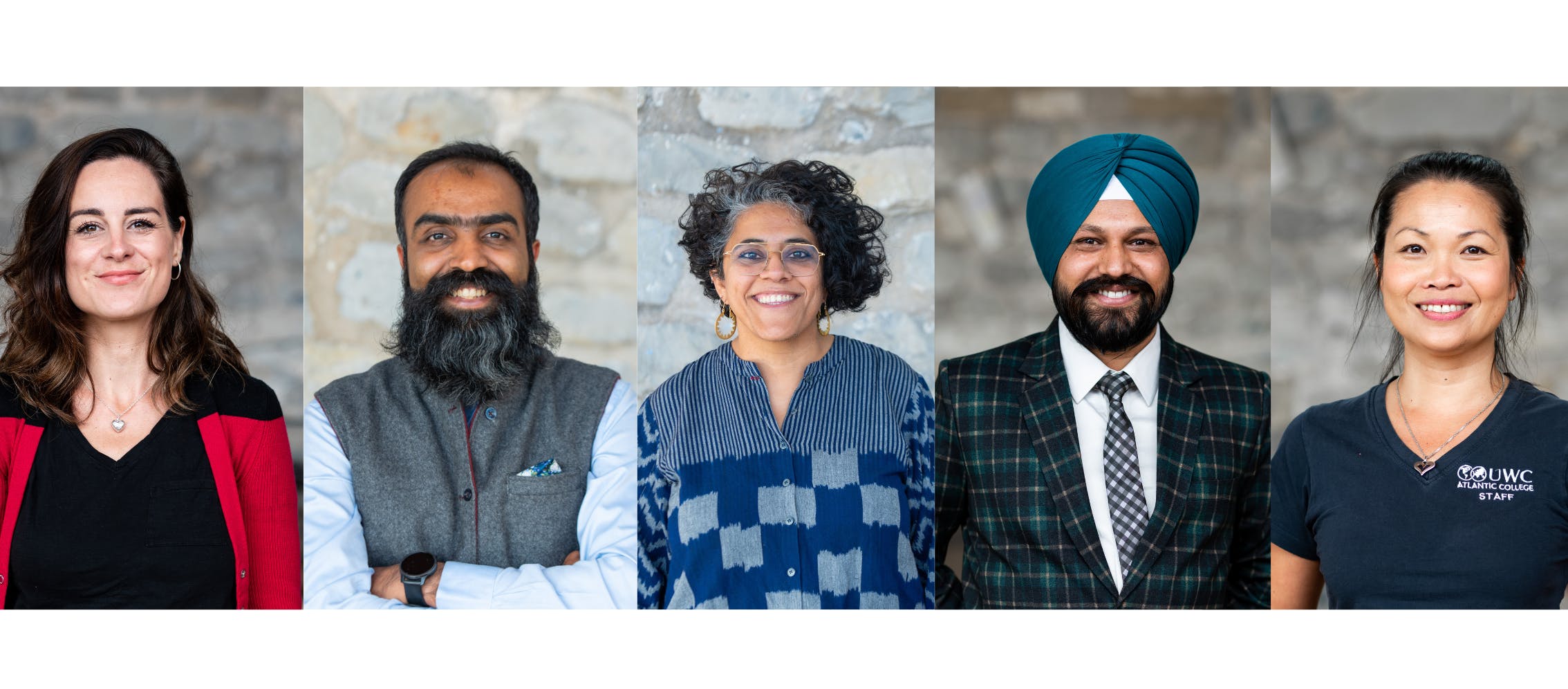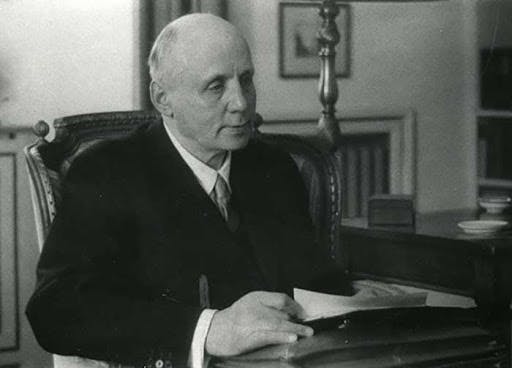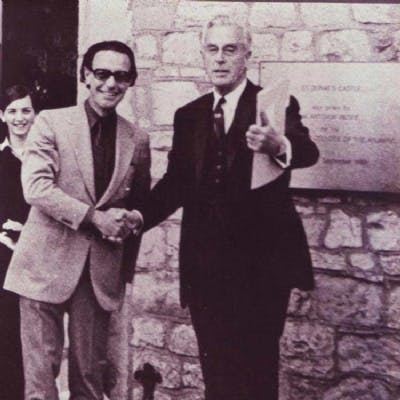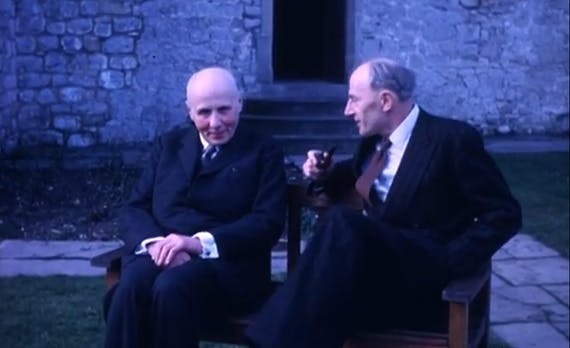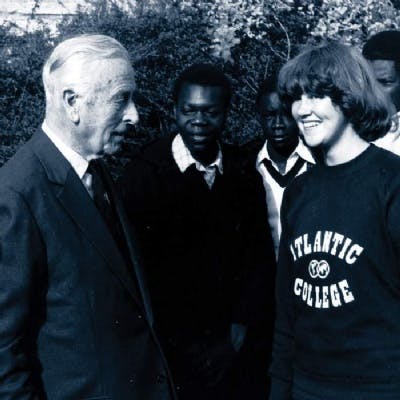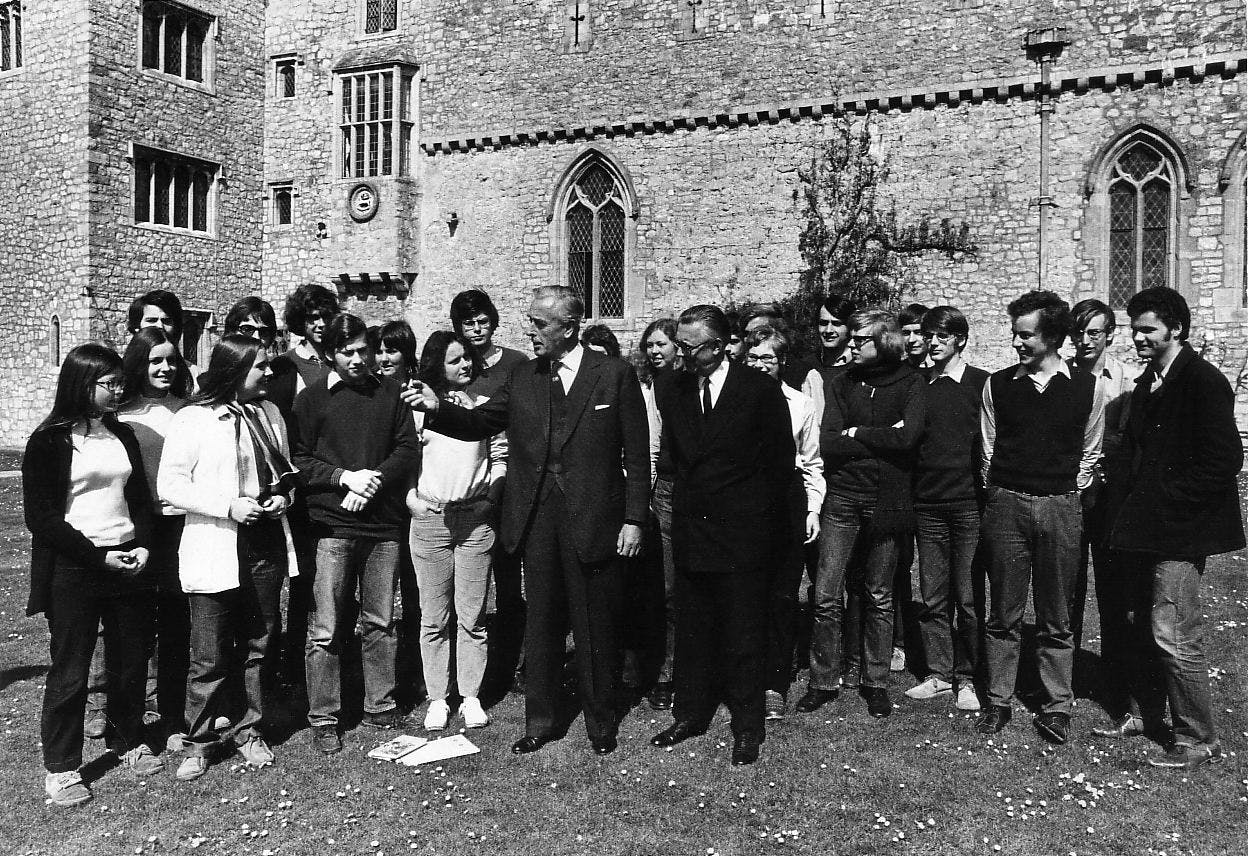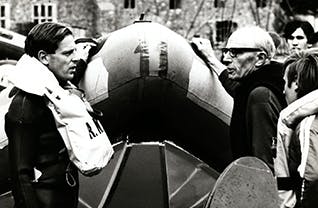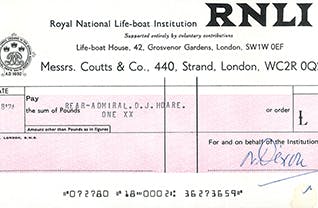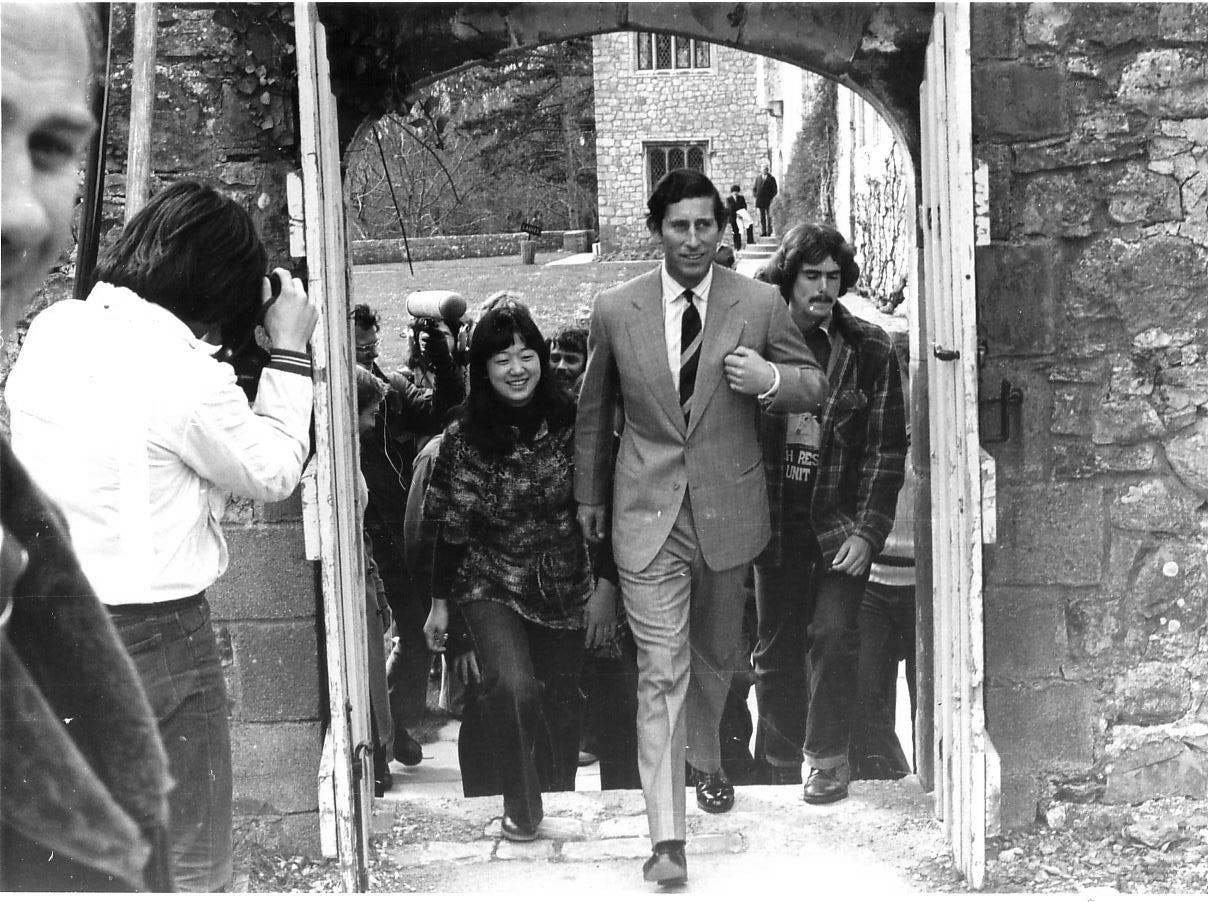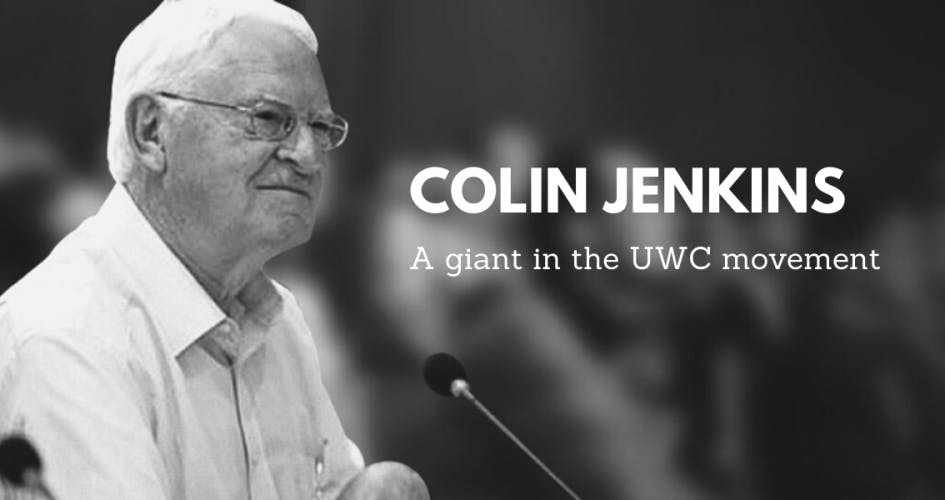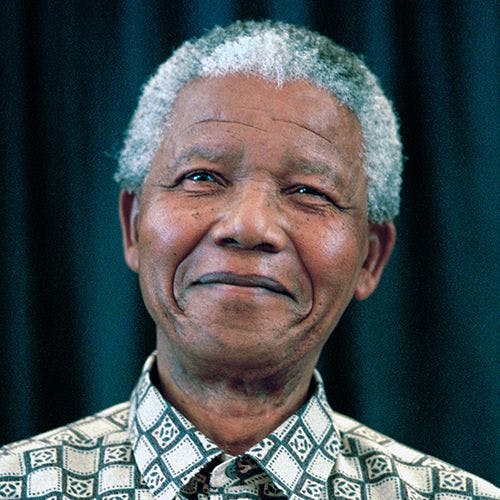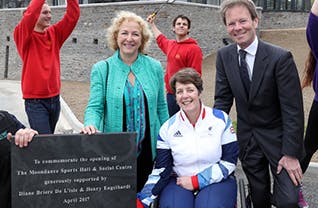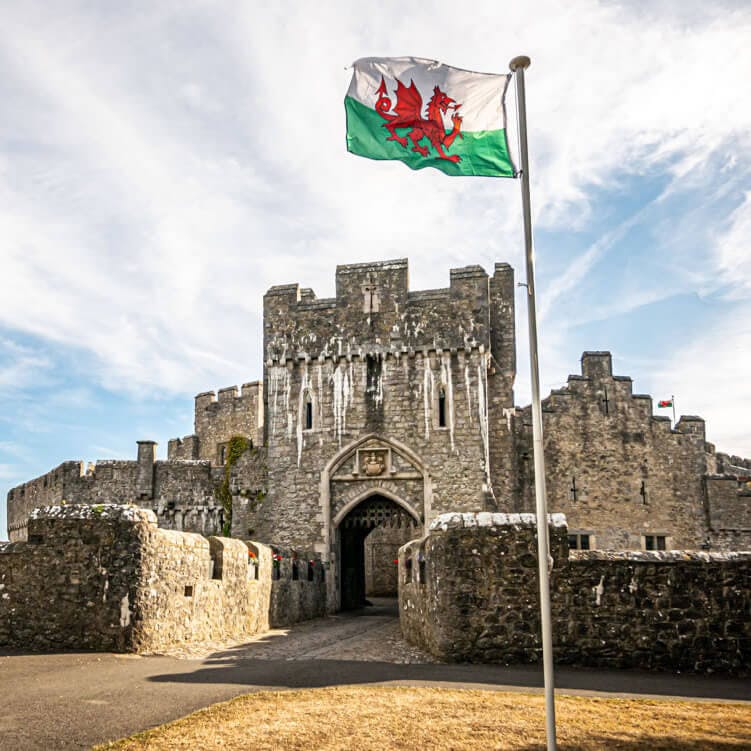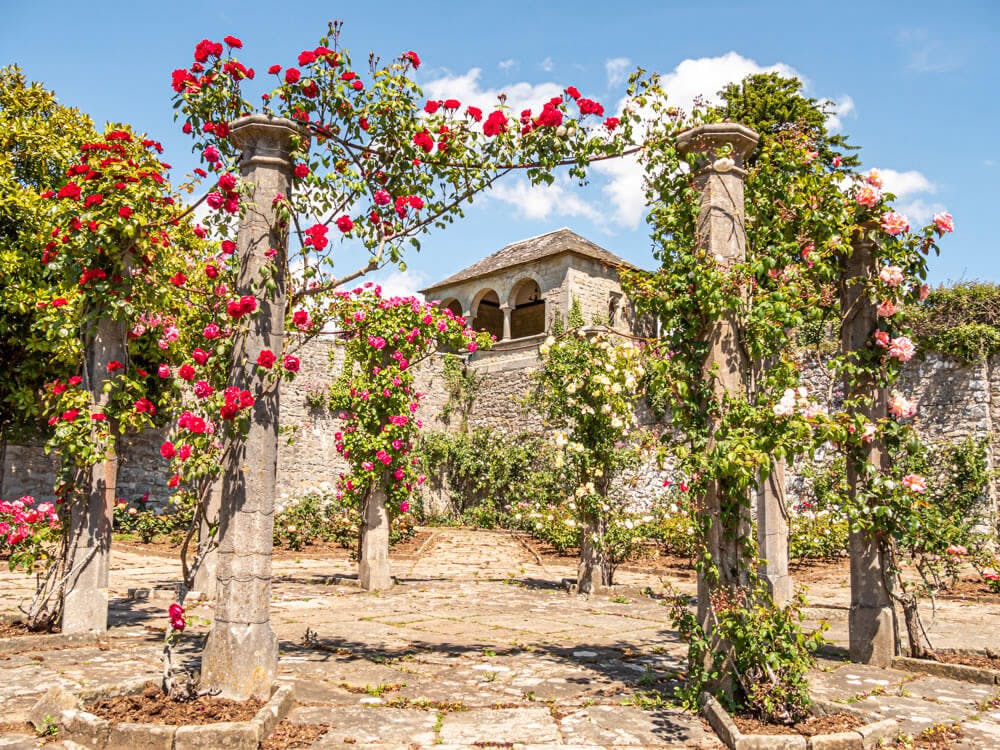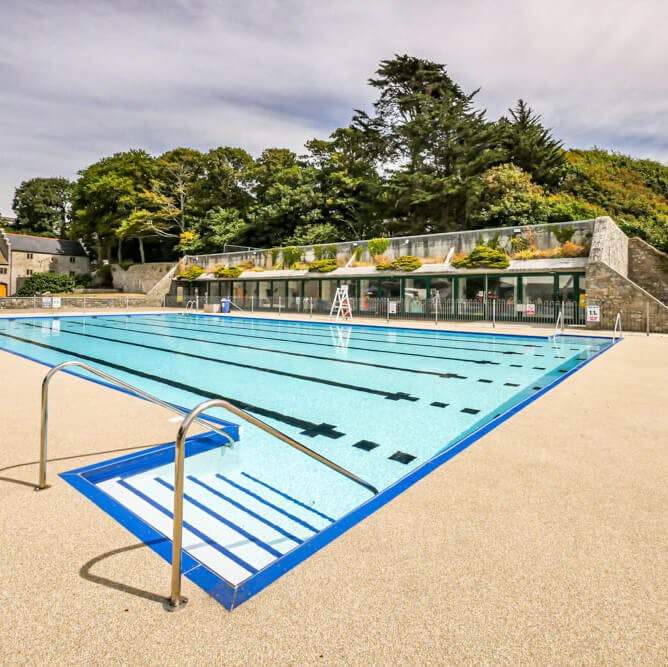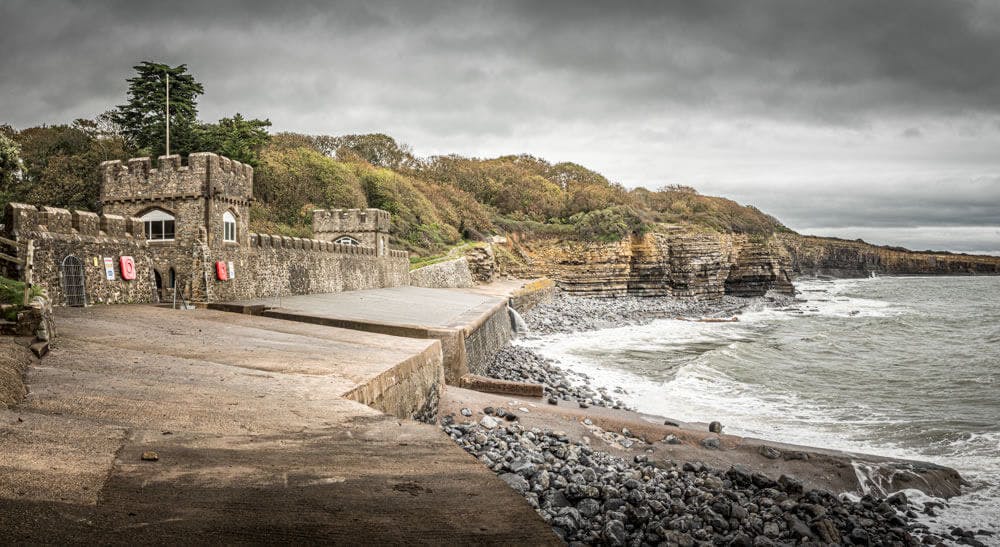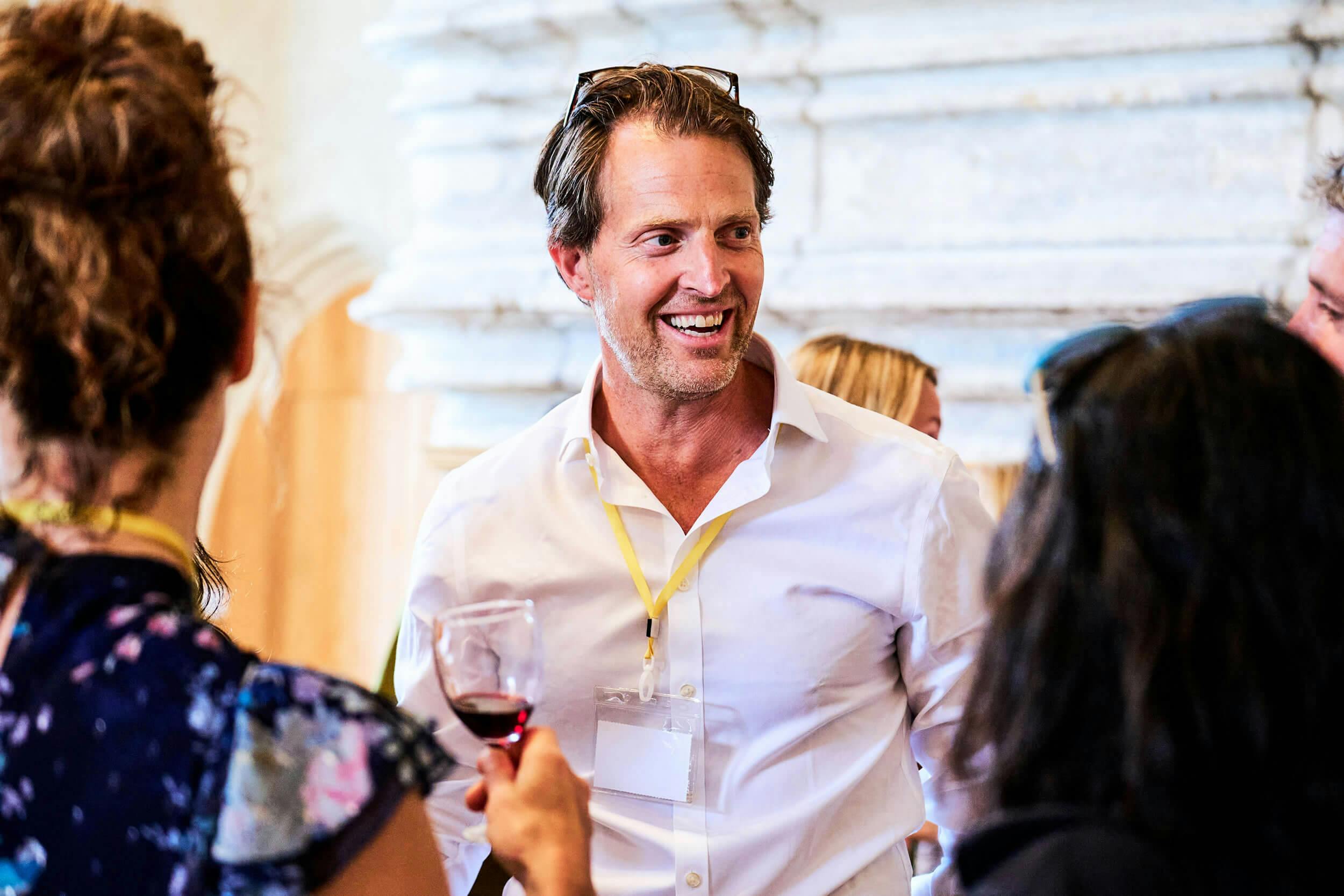
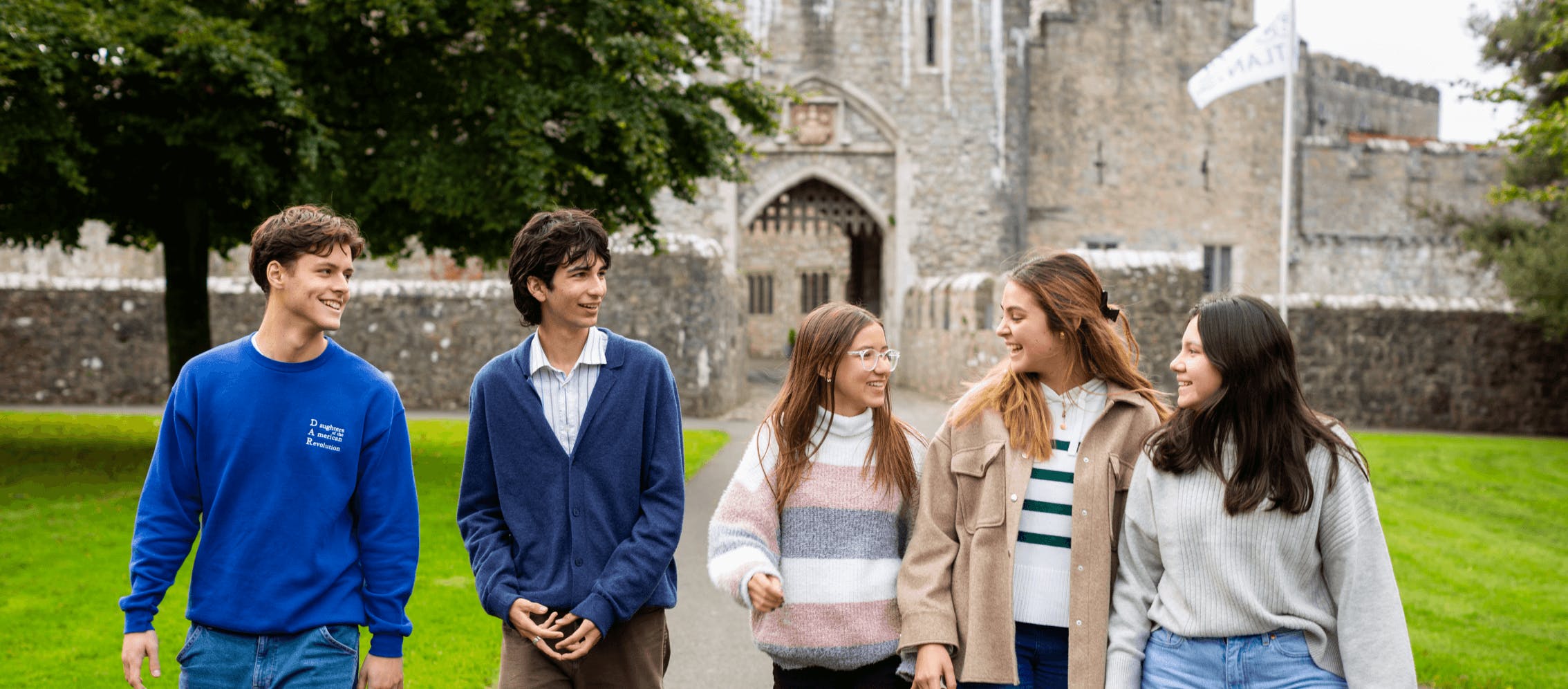
About UWC Atlantic
UWC Atlantic is a college for students aged 16-19 years of age. Students travel from over 150 countries to live, study and learn together pursuing the International Baccalaureate and an outdoor-orientated experiential education over two years.
UWC Atlantic is based at St Donats Castle, south Wales, in a 12th century castle set in 122 acres of woodland and farmland, with its own valley and seafront. We are the only United World College in the UK. Established in 1962, we are the founding college of the UWC Movement, which we launched in 1967. The college also co-created the International Baccalaureate Diploma Programme now widely respected across the world. The UWC Movement encompasses 18 global schools and colleges dedicated to uniting cultures and countries through education.
Viewing education as an experimental, experiential journey, the UWC Movement has moved away from rigid frameworks and created a ‘no-limits’ approach that challenges traditional boundaries between the curricular and co-curricular and enables each and every student to discover their sense of self and purpose in our ever-changing world. At UWC Atlantic we have over 9,100 alumni, each determined to make a difference to the lives of others and the world.
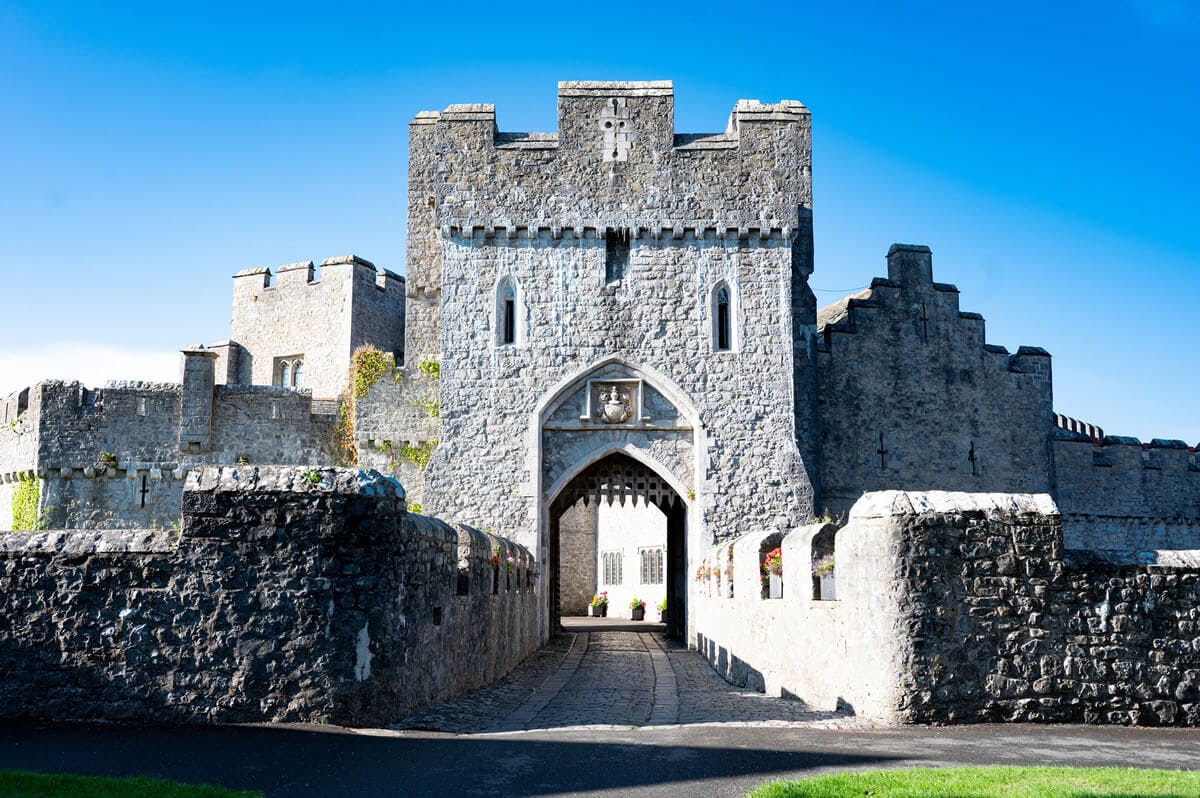
UWC Atlantic is based at St Donats Castle, south Wales, in a 12th century castle set in 122 acres of woodland and farmland, with its own valley and seafront. We are the only United World College in the UK. Established in 1962, we are the founding college of the UWC Movement, which we launched in 1967. The college also co-created the International Baccalaureate Diploma Programme now widely respected across the world. The UWC Movement encompasses 18 global schools and colleges dedicated to uniting cultures and countries through education.

Our Mission
Our mission is to make education a force to unite people, nations and cultures for peace and a sustainable future. Our vision is to reclaim our position as the flagship college of the UWC movement, recognised for the radical and experimental spirit that defines our history and drives our impact on the world.
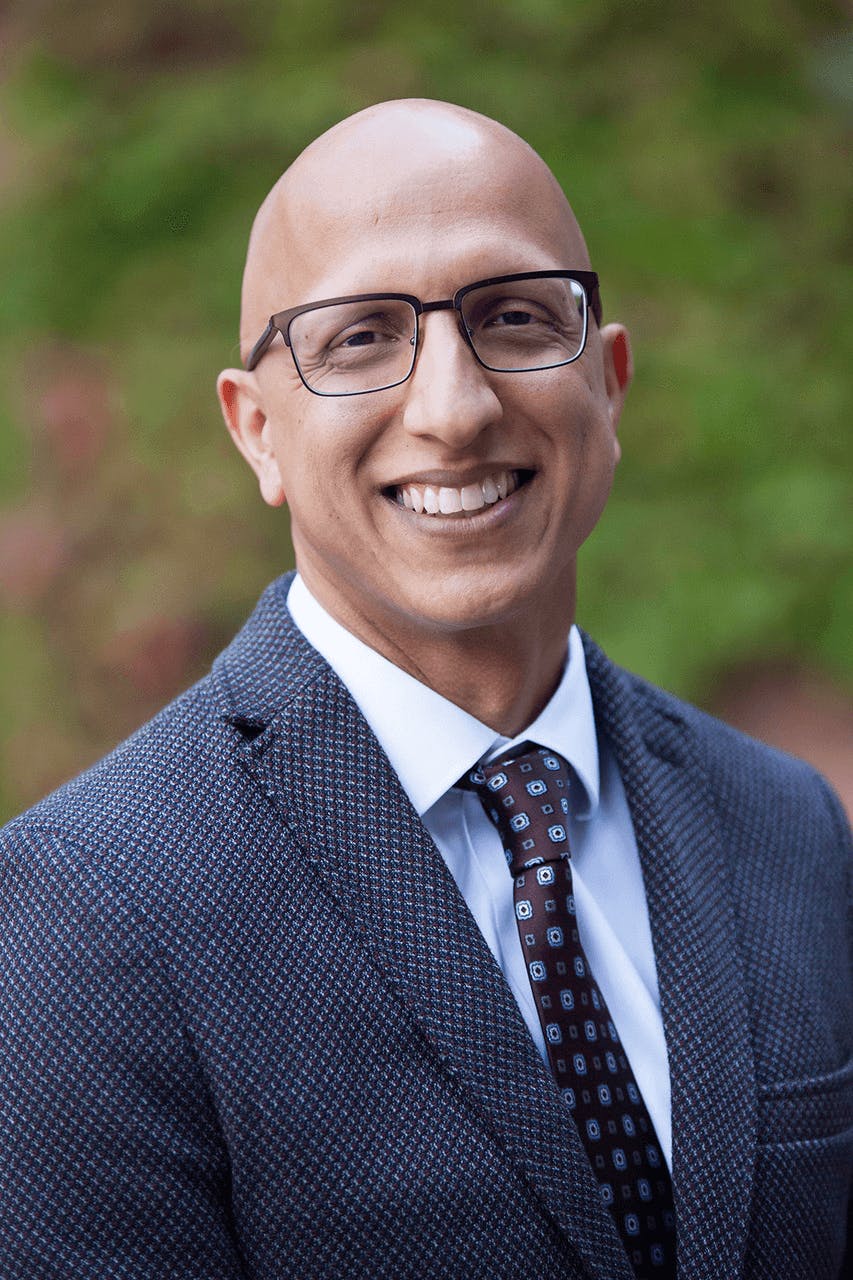
When I think about the varying purposes of education and the impact it can have on society, none is more compelling and pressing for me than that of UWC.
Our History
St Donat’s Castle was home to the American newspaper magnate William Randolph Hearst in 1925 after he saw a feature on it in the magazine, Country Life. He spent a fortune renovating the castle. His lavish parties at the 60-hectare estate were legendary with guests such as Charlie Chaplin, Sir Douglas Fairbanks, future president John F Kennedy and his family, and playwright George Bernard Shaw. The Castle was owned by Hearst from the mid-1920s until his death in 1951. In 1960 Antonin Besse, who bought the Castle from Hearst, donated it to the developing governing body of UWC Atlantic College. This was a key step in bringing to life the vision of UWC’s founders.
UWC Atlantic was founded in 1962 by Kurt Hahn. It was during a time when the Cold War was at its height and Hahn wanted to bring young people together from different nations to act as champions of peace through an education based on shared learning, collaboration and understanding. Hahn knew that an innovative educational model could serve to unite a deliberately diverse group of young people from across the globe, to share their dreams and aspirations and to discover their unique cultural identities. And in turn to challenge cynicism with courage and belief, to learn, grow, influence, shape and change lives to make the world a better place. At its foundation, UWC Atlantic was described by The Times as ‘the most exciting experiment in education since the Second World War.'
The world is a very different place to the one Hahn knew and yet not - still characterised by complex political, religious, social, environmental and economic challenges. In an increasingly complex and fractured society, it is more important than ever that we bring unique and compassionate leaders together to channel their energy, passion, voices and viewpoints to help deliver solutions and create an impact.
"There is more to us than we know. If we can be made to see it, perhaps for the rest of our lives we will be unwilling to settle for less." Kurt Hahn
Carousel of UWC Atlantic images
Learn more

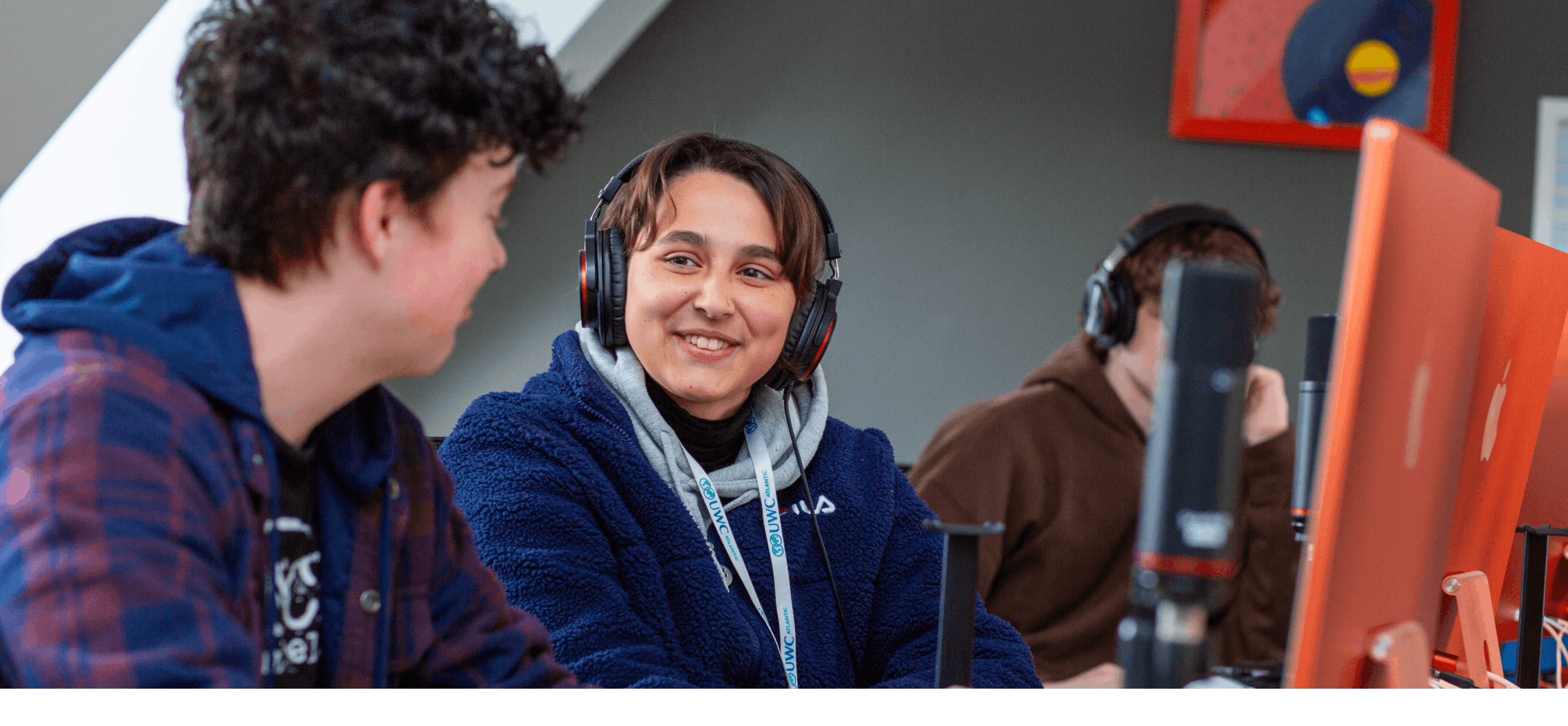
Admissions
